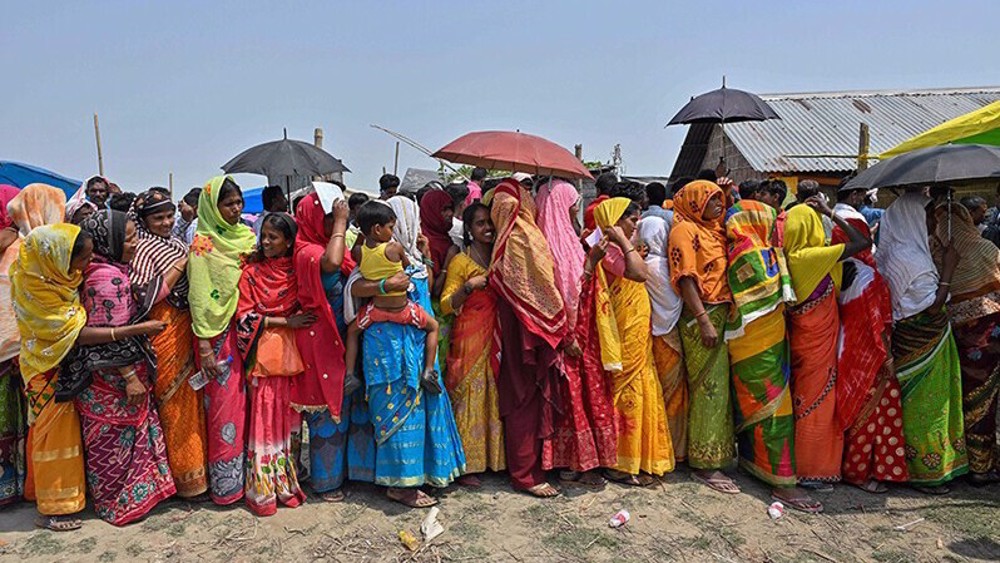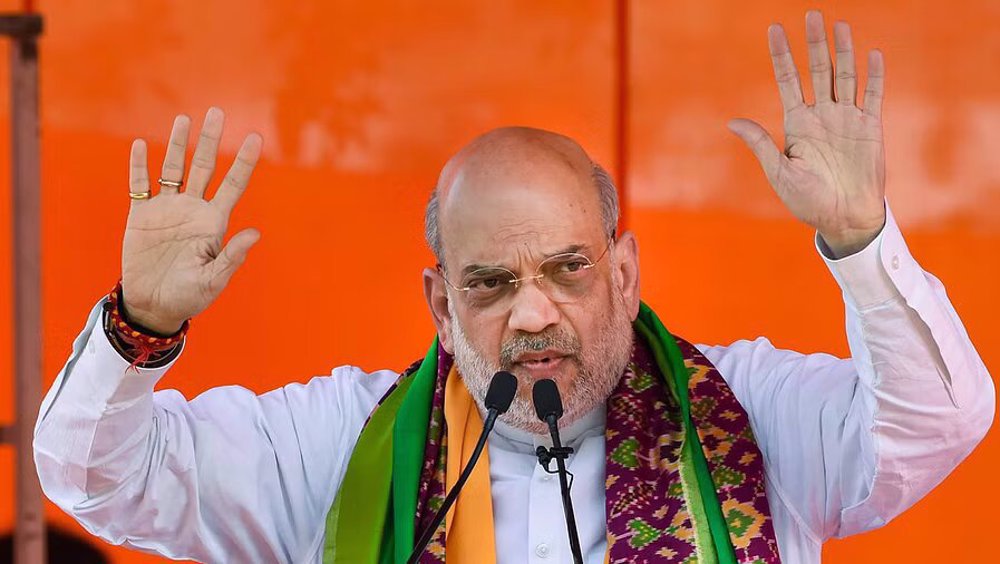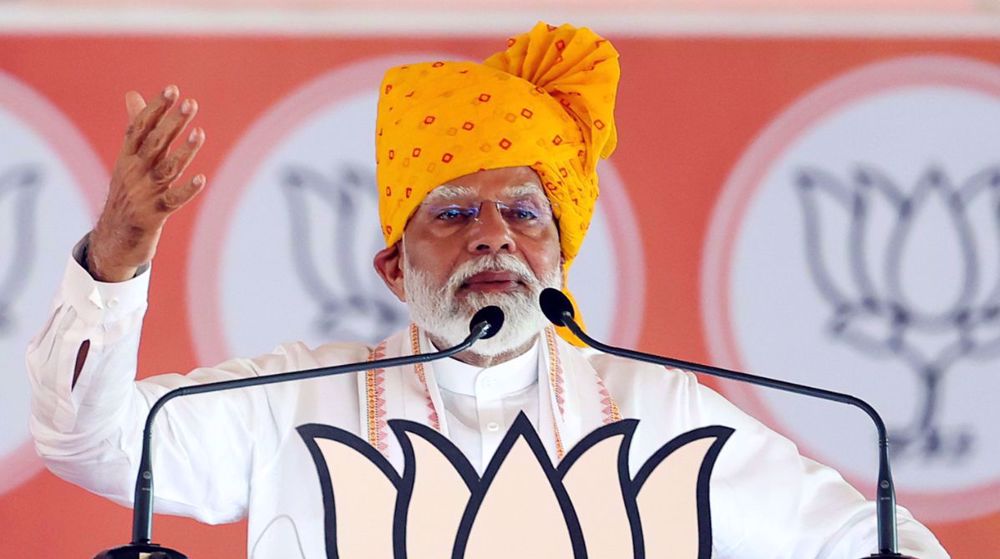India cancels visa to exiled Uighur dissident
India has revoked a visa granted to a Germany-based Uighur dissident from China's Xinjiang region after a protest by Beijing.
India’s Home Ministry spokesman K.S. Dhatwalia on Monday confirmed that New Delhi had withdrawn the visa to the exiled Uighur figure Dolkun Isa whom China has long branded as "terrorist".
Isa, executive chairman of the Munich-based World Uyghur Congress, planned to attend a conference next week in India's northern hill town of Dharamsala in the Indian state of Himachal Pradesh, which borders China.
This came after Chinese foreign ministry spokesperson Hua Chunying last week reacted angrily to New Delhi's move, describing Isa as a "terrorist" wanted by Interpol.
Reacting to the developments, Isa said said in a statement on the group's website that he was disappointed by India's decision.
"I express my disappointment on Indian authorities' cancellation of my visa," he said, adding, "I recognize and understand the difficult position that the Indian government found itself, and regrets that my trip has generated such unwarranted controversy."

The Uighurs are a Turkic ethnic group residing primarily in the Xinjiang Uighur Autonomous Region in China, where they are officially recognized as one of the 56 recognized ethnic minorities.
In recent years, hundreds of people have been killed in violent attacks that the Beijing government blames on militants operating across the volatile region.
Beijing has long been wary of militants in Xinjiang and has launched a series of security operations to curb the militancy across the troubled region.
Troubling China-India ties
China and India historically have frosty relationship as the both sides have long disagreed on where their borders should be drawn.
Although Beijing won a war between the two sides in the Himalayan regions of Ladakh and Arunachal Pradesh back in 1962, the border problem with New Delhi has not been resolved.
China claims about 90,000 square kilometers of land in Arunachal Pradesh, but New Delhi says Beijing is occupying 38,000 square kilometers of the Indian territory on the Aksai Chin plateau.
India and China have held several unsuccessful rounds of talks to resolve their border dispute since 1962.
Senior official in Beijing also accuse India of sheltering Chinese dissidents, particularly the Dalai Lama, the Tibetan spiritual leader, who fled to India after a failed uprising in Tibet in 1959.
China also accuses Dalai Lama of fueling unrest in the Himalayan region, saying the unrest in Tibet, which is incited by the West, is a plan by Beijing’s opponents to tarnish the image of the country. Beijing regards Tibet as an integral part of the Chinese territory.
However, the administration of Indian Prime Minister Narendra Modi's government has sought to reduce tensions with China by boosting economic ties.
VIDEO | New national transport strike hits Italy
US to pull out troops from Chad in second African state withdrawal
Yemeni armed forces strike British oil tanker in Red Sea
VIDEO | Genocide in Gaza
VIDEO | Press TV's news headlines
VIDEO | American, Israeli rabbis call for ceasefire during protest near Gaza
Iran calls for enhanced defense cooperation with Russia
US campus crackdown: 500 pro-Palestinian protesters arrested














 This makes it easy to access the Press TV website
This makes it easy to access the Press TV website